By Molly Ryan, SCA Interpretative Ranger for Bear Brook State Park, Wallis Sands State Park, and Odiorne Point State Park.
If you have ever visited Bear Brook State Park, you may have used the bathhouse at Catamount Pond, hiked one of the over 40 miles of trails, or rented a restored cabin at Bear Hill Pond. One attraction you may not have noticed, is the Civilian Conservation Corps (CCC) Museum.
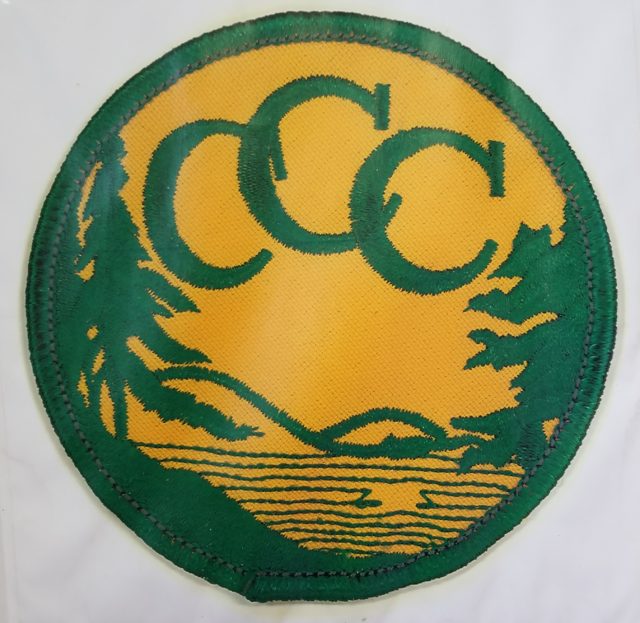
During the Great Depression in 1933, President Roosevelt established the CCC to help rebuild the American economy, and our natural resources. Young men from the age of 17-28 were employed by the CCC to work on infrastructure and conservation projects. Pay was $30 a month, with the stipulation that $25 would be sent back to the man’s family. Housing, food, education, and medical care were all included, as well as all the training and tools necessary to complete CCC jobs. Nine years later in 1942, the CCC program would be ended by congress as the U.S. entered World War II. However, during those nine years, three million men had participated, 3 billion trees had been planted, and over almost 2,000 camps had been established throughout the U.S.
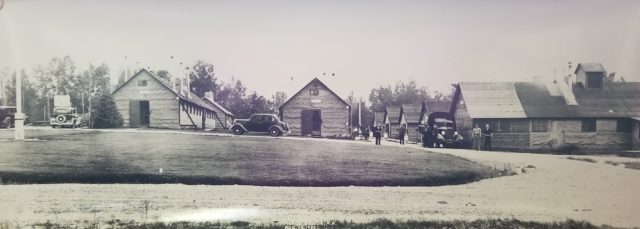

During those nine years, the CCC was hard at work at the Bear Brook Reservation (modern day Bear Brook State Park). They built Bear Hill Pond Camp, where you may now rent newly restored cabins, as well as Spruce Pond Camp, currently in use by the Student Conservation Association and AmeriCorps. The park’s day-use beach and bathhouse at Catamount Pond and such popular trails as Broken Bolder were also built by the CCC.
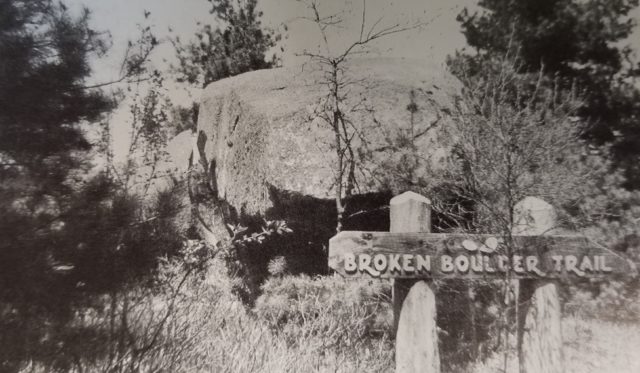
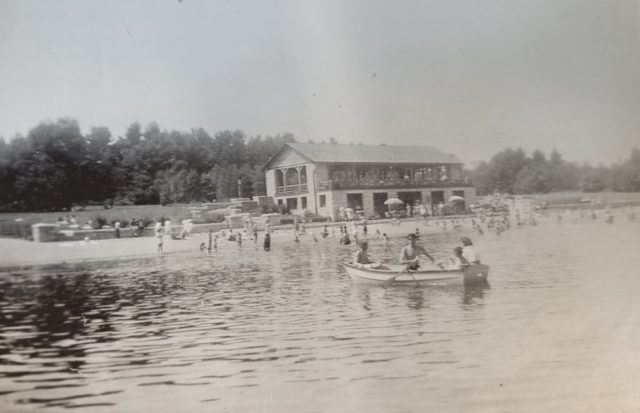
Today, the story of how these feats of construction and trail work were completed is laid out in the CCC Museum on Depot Road in an original CCC camp building. Bear Brook’s CCC camp is a registered historic district and is the only surviving one of its kind in New Hampshire.
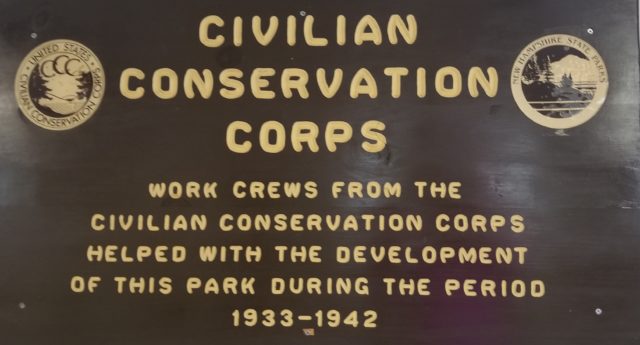
At the museum, you can find examples of CCC camp life. How these men from all walks of life lived and worked together. Much of their training mirrored standard military training at the time. They lived in barracks and followed a strict schedule. However, the majority of men left the CCC healthier and fitter than before, benefiting from good food and hard work during a time in America when both were hard to find.
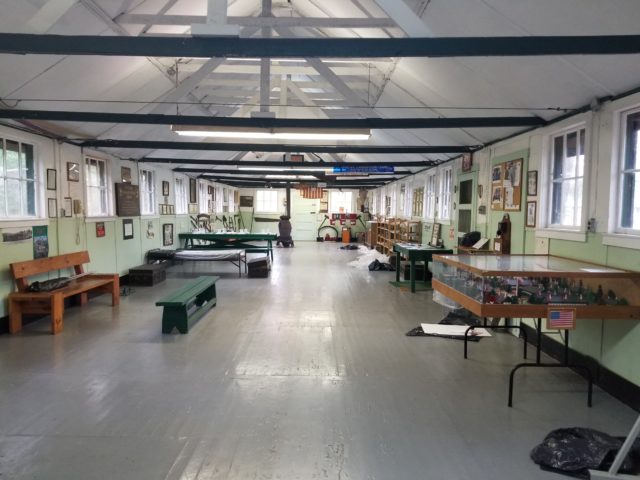
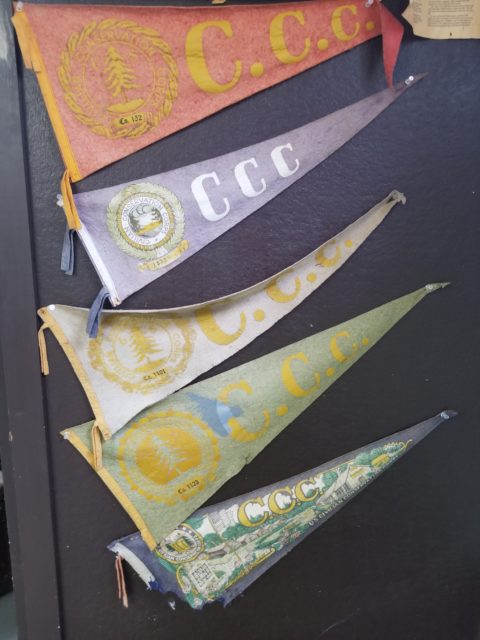
So, the next time you visit Bear Brook State Park, stop by the CCC Museum, open every Sunday June-September from 2-4pm and upon special request, and discover the personal stories of the men who built New Hampshire’s state parks.
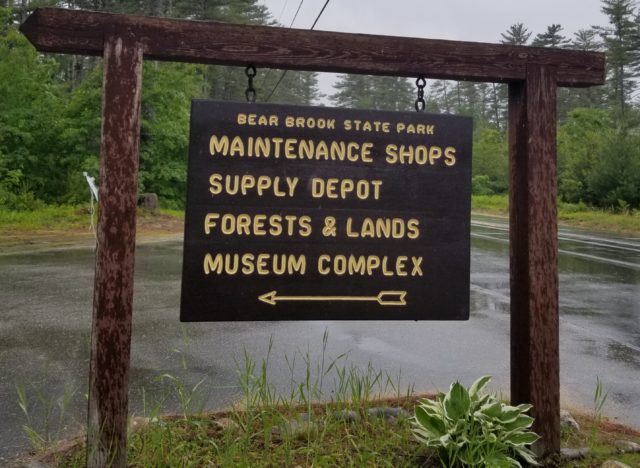

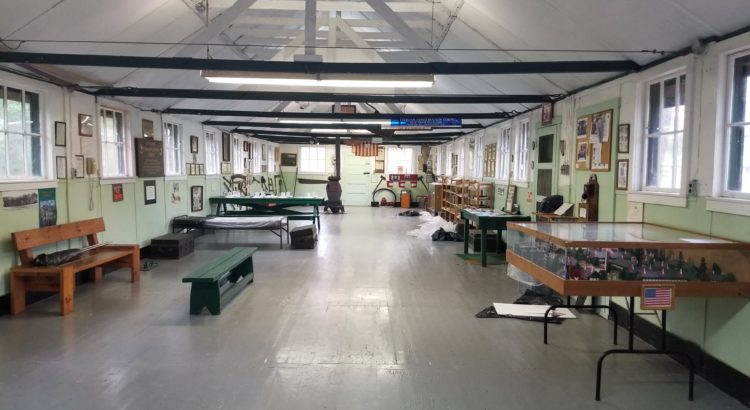
20+ years ago a CCC alum taped conversations with other men about their experiences. My dad was one of the interviewees. I was told I could a copy of the tape, but never heard from anyone after I sent the request. I would be happy to pay for the copy and my family would love to hear my dad tell these tales again.